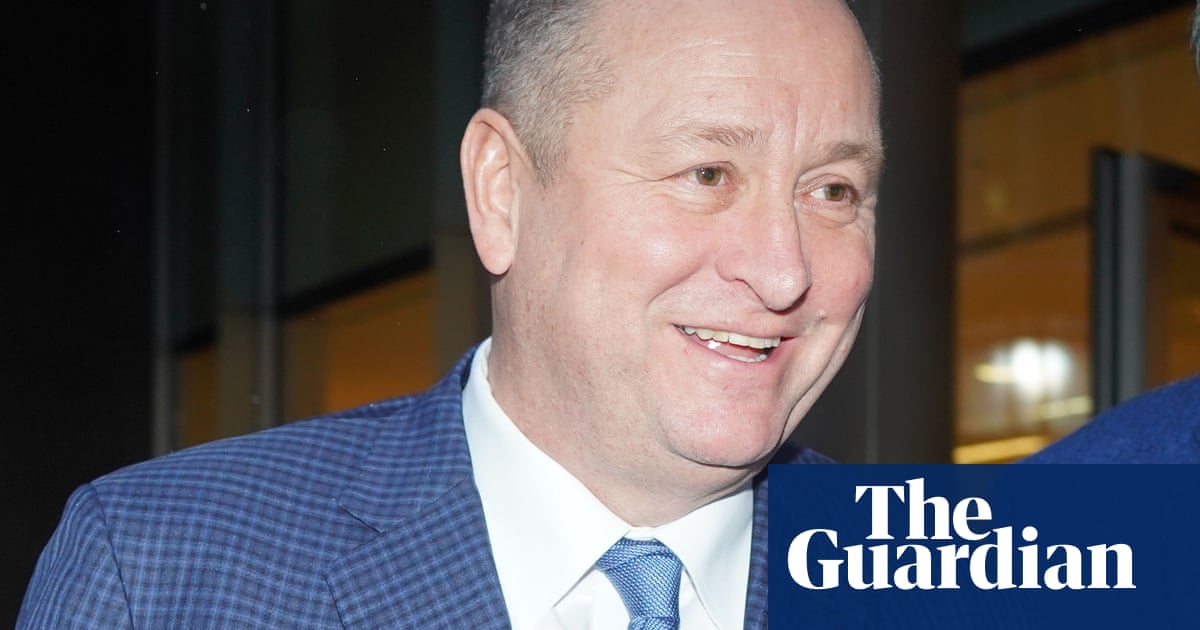
This week, in the Victorian confines of London’s high court, massed ranks of lawyers acting for three Russian billionaires and state-controlled oil company Rosneft engaged in the first courtroom phase of a legal action against investigative journalist Catherine Belton, author of the best-selling title Putin’s People, and her publisher HarperCollins.
Crammed full of wig-wearing barristers, and with reporters sent up to the public gallery, courtroom four heard Hugh Tomlinson QC say that his client – one of the complainants and Chelsea FC owner Roman Abramovich – understood that his action could be construed as “an attack on free speech and public interest journalism”.
But the businessman, the barrister from Matrix Chambers argued, had little choice but to correct “false and damaging statements” in a case that campaign group Index on Censorship fears could deter journalists like Belton “from writing about these people again” – should the author and her publisher be defeated.
There are wider potential ramifications too. Belton’s book was highlighted by Russian opposition leader Alexei Navalny in January, part of the video his allies released just after he was jailed, claiming that President Putin secretly owned a £1bn Black Sea palace. Any courtroom defeat, whatever the grounds, is likely to be used by the Kremlin’s propaganda machine to advance its case.
Although the two-day hearing in front of Mrs Justice Amanda Tipples was a preliminary hearing, to decide the meaning of contested passages, such exercises can have a decisive outcome in cases where lawyers can charge up to £750 a hour and the winners’ costs, which can easily run to millions, can be heaped upon their opponent.
A ruling on meaning is expected in September, but if both sides fight on, a full trial will not take place until next year. None of the principal parties in the case look ready to back down. HarperCollins said it was gearing up for what it expected to be “a long fight”.
Ranged against Belton and HarperCollins were solicitors from London law firms: Harbottle & Lewis, advising Abramovich, plus Carter-Ruck for Rosneft.
Another set of solicitors, CMS, advised oligarch Mikhail Fridman in libel and data protection claims against just HarperCollins and Peter Aven – although the claims were settled out of court this week with the publisher agreeing to make amendments to five paragraphs.
At the heart of Abramovich’s legal complaint is the billionaire’s original purchase of Chelsea football club in 2003 and whether he bought the club at the direction of the Russian president. Tomlinson argued in court that the words meant, wrongly, he had bought the club as “part of a scheme to corrupt the west” and “build a bulkhead in the UK for Russian influence”.
A related objection, the court heard, was whether Belton was right to describe him, as he appears in a dramatis personae at the front of the book as “‘Cashier’ to the Yeltsin family and then to Putin” – which Tomlinson told the court was “a straight allegation that he is receiving money, paying out money to a person described as a corrupt president”. This was also said to be untrue.
The response from Belton’s legal team appeared to be a stricter focus on the book’s text. Andrew Caldecott QC, the author and publisher’s lawyer, said Belton had cited two sources – one anonymous plus a former Kremlin insider Sergei Pugachev, who told her “Putin personally told me of his plan to acquire Chelsea football club in order to increase his influence, and to raise Russia’s profile, not only with the elite but with ordinary British people.”
The book also recorded a short denial from “a person close to Abramovich” Caldecott said – although Tomlinson said it was insufficient – and said that Belton does not make up her mind. “The author’s position plainly leaves the matter open,” he said citing a passage where she wrote “but whatever the truth of the matter” and another where she said “he may have been acting on Kremlin orders”.
It will be for Tipples to decide what the ordinary reasonable reader will have thought of the passage in question in a ruling that is due in September. But, whatever the merits of cases like these, some are arguing they highlight the need for the British government to examine how billionaires are using the libel courts.
Despite a reform of the libel laws in 2013, there is no cap on lawyers’ costs, and a group of press freedom organisations including Index on Censorship and the Guardian, which advocate reform of the English legal system, say that costs in certain types of libel cases – so called strategic lawsuits against public participation or Slapps – should be kept to “an absolute minimum” and cases dealt with “expeditiously in court”.
Michelle Stanistreet, the general secretary of the National Union of Journalists, said: “A swathe of UK laws ranging from libel to official secrets are being deployed to threaten and silence journalists” and called on ministers “to remove the legislative restrictions and tactics being exploited to stifle public interest journalism.”












